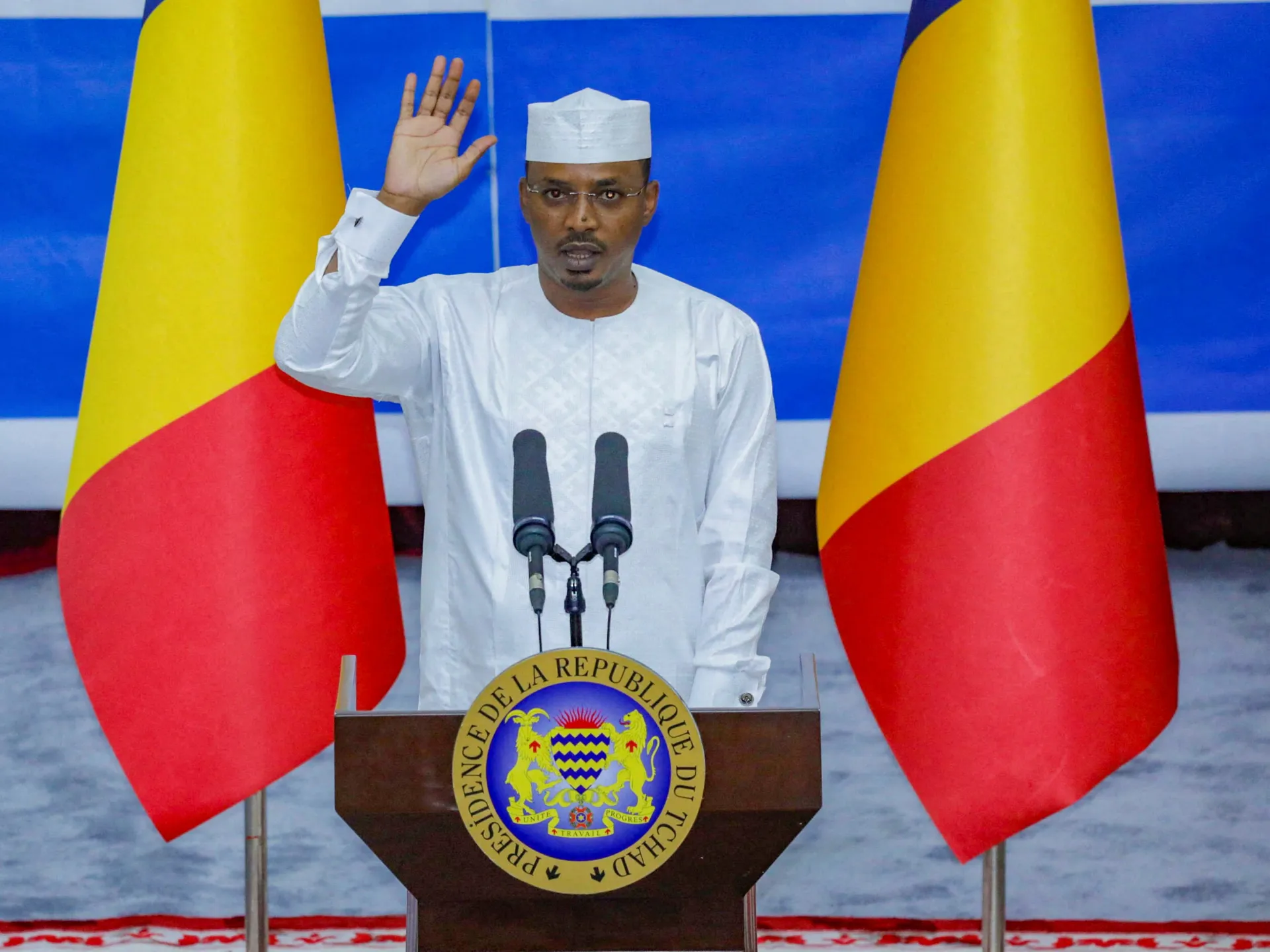
Chadian lawmakers have approved a significant revision to the Constitution establishing the 5th Republic, amid fierce opposition and widespread criticism.
On Friday, deputies and senators convened in congress to vote on the proposed amendments. Of the 257 parliamentarians present, 236 voted in favor, three abstained, and none opposed.
The adoption effectively extends the presidential term to seven years, removes all limits on re-election, and allows the incumbent president to hold office while leading a political party.
The vote took place after opposition MPs staged a walkout from the plenary chamber in protest. Interim opposition leader Senator Mbaigolmem Sébastien denounced the changes as an attempt to impose “an institutional and electoral lockdown.”
He said, “We have chosen to do as Pontius Pilate did, who washed his hands of the Jesus affair,” accusing the ruling party of undermining the country’s democratic foundations.
The amendments mark a profound shift in Chad’s political landscape.
By abolishing term limits and granting the president the right to maintain party leadership while in office, critics argue the revision paves the way for a long-term consolidation of power.
Supporters of the ruling party, however, claim the reforms provide political stability and continuity necessary for the country’s development.
MP Béral Mbaikoubou condemned the vote as a betrayal of Chad’s nascent democracy.
He accused the ruling party of “slashing the Constitution to fit the whims of certain charlatans of constitutional law” and described the day’s events as “the requiem mass of our young and fledgling democracy.”
The amendments follow the 2023 adoption of the current Constitution and represent the most significant constitutional reform in the country’s recent history. Observers warn that the changes could exacerbate political tensions, particularly with opposition groups already critical of the government’s consolidation of power.
As Chad moves toward a new political reality, analysts anticipate continued debate over the implications for democratic governance, electoral competitiveness, and the balance of institutional power in one of Central Africa’s most politically volatile nations.
The revised Constitution now awaits promulgation, cementing a legal framework that allows unlimited presidential mandates and reshapes the rules of Chad’s political system for years to come.



